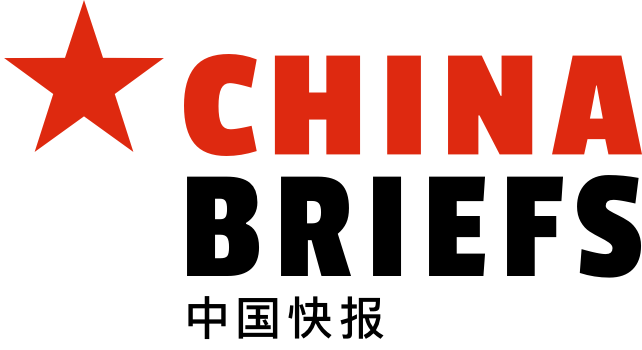How Influencer Marketing works in China.
Influencers are called KOLs (=Key Opinion Leader) in China and cooperations with KOLs for marketing purposes are really big business over there - with an estimated value of over $17 billion in 2018.
If you compare influencer marketing in China with the West you will find three key differences:
The Chinese consumer in general has more trust in people than in brands because of many scandals and fake or unsafe products. Therefore recommendations from a trusted influencer carry a lot of weight.
Social Media services in China are much more integrated with eCommerce services, so buying something via Wechat has very low barriers and higher conversion rates. Many KOLs are even building their communities right on eCommerce sites like Taobao or Tmall.
The close proximity to all relevant supply chains makes it easy for KOLs to start their own product lines (e.g. fashion or cosmetics).
And this is not just theory: KOLs like Becky Li (7.5 million followers) are able to sell 100 cars in just 5 minutes through a simple promotion or Dayi “Big Eve” Zhang “(20 million followers) pulls in a staggering $220 million in annual GMV (gross merchandise volume) solely from digital channels”.
From impression to sales on WeChat (via Parklu).
Ruhnn - the Influencer Incubator.
An interesting player in the KOL marketing space is Ruhnn - an Alibaba-Backed influencer incubator which just finished a successful IPO on the NASDAQ in April 2019.
Ruhnn’s business model (“influencer + incubator + supply chain”) capitalizes on all three differences mentioned above with an interesting catch when it comes to developing its own product lines (from Forbes):
“Rather than trying to predict what consumers will like and then selling it to them, Ruhnn uses audience preferences and purchasing behavior to guide product development from the start.
For example, when creating a new line of clothing, the influencer will first let their followers preview items, ask them what colors they prefer, and get their feedback. For those items that seem popular, they will offer them on pre-sale, which allows them to get an idea for how many they should make. Because of the company’s close proximity to factories (Ruhnn is headquartered in Hangzhou), the items can be produced and shipped within a week or two with low logistics costs.”
Key Takeaways:
Influencers promoting their own products is nothing new in the West. But the low barriers for conversion, the tight integration with the supply chain and the idea of developing products together with fans & followers is a totally different ball game - especially considering the sheer scale of the phenomenon.
More about Influencer Marketing in China:
More about the Influencer Incubator Ruhan:

